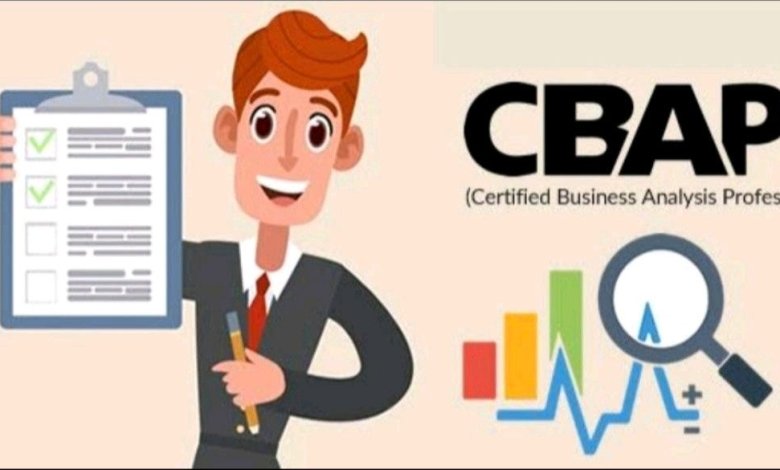Charting the Path: Which Course is Best for Aspiring Business Analysts?
Aspiring Business Analysts

In today’s corporate world, one of the most demanded positions is a business analyst (BA). Those who can differentiate between professional technology and business requirements are highly demanded, as businesses rely on rapid data-related decisions. But often, the question comes: What is the best course for business analysts? The answer is the intention of obtaining everyone’s industry focus, expertise and degree of career goals. Let’s discover the best courses that can help business analysts to make a solid basis and succeed in the workforce.
Why the course matters for business analysts
Professional analysis is a versatile condition that asks for a mixture of analytical, soft and technical skills. Although some people enter the field with degrees in finance, IT, or business, special courses provide employers recognized credentials, tools and real -class experiences. In addition to developing technical skills, a quality course improves problems-solution, communication and stake management capabilities-which are important for any failure.
Top courses for business analysts
1. Certified trade analysis professional (CBAP)
The International Institute of Business Analysis (IIBA) created a CBAP, one of the most famous certificates in the world. This is for experienced professionals in the region who want to expand their knowledge. The program involves managing requirements, enhancing professional processes and evaluating solutions. CBAP is a good option for senior roles.
2. PMI professional in business analysis (PMI-PBA)
This course introduced by the Project Management Institute is perfect for professionals who often work on projects. Project-based business analysis requires, as well as collecting the requirement, with stakeholder participation and project results. For those who are interested in professional analysis from project management, this is a great option.

3. Entry Certificate in Business Analysis (ECBA)
The ECBA, which is also introduced by IIBA, is a great place for newbies to start. It introduces students to the outline of major concepts, vocabulary and commercial analysis. This course is ideal for professionals seeking professional analysis or infection in recent graduates.
4. Course on Business Intelligence and Data Analytics
Are data analytics courses, SQL, Power BI, or tabloks necessary because contemporary trade analysts often work with data? These resource analysts assist in decision making, pattern recognition and insight visual. Candidates are extremely competitive when they have both BA and data analytics credentials.
5. Playful and scamal certificate
Many industries are under control today. For example, agile BA Certificate and Certified Scrummaster (CSM) courses, fast books, furnishing business analysts to work in the flexible workplace. These are particularly helpful for IT or software development firm analysts.
Select the appropriate path
Where you are in your career, will determine which course is best for you:
Beginners: ECBA or Introductory Data Analytics Courses.
Middle-level professional: PMI-PBA or CBAP for advanced training and career advancement.
Expert: For the highest level of expertise, take data-focused courses or earn a profit certificate.
The demands of the industry should also be taken into consideration. For example, IT analysts may benefit more than a tight certificate, but finance or counseling analysts may have more profit from CBAP or data courses.
conclusion
There is no “best” course for business analysts; Instead, it depends on the needs of industry, career phase and personal objectives. While experienced professionals can pursue CBAP or PMI-PBA, ECBA provides a good foundation for novice.

Career prospects can be improved by obtaining additional skills through data analytics and agile certificates. Finally, the correct course gave business analysts required to manage the success of the company in a high competitive environment.




